EDITORIAL: Students should participate in walkout — and Sac State should let them
Photo by Lorie Shaull/ CC BY 2.0
Students participate in a February demonstration in Washington in the wake of the school shooting in Florida. Members of the Sacramento State community will be participating in anti-gun rallies later this month.
March 7, 2018
Students at Sacramento State should join in the walkout against gun violence on March 14, and Sac State should let them.
Sac State students are adults, ones who can choose to miss classes if they’d like, getting docked grade points by professors, missing assignments, quizzes or tests, and often doing so for much less serious reasons.
This is different. The increasing number of gun deaths in America has finally gotten young people motivated. College students everywhere can and need to get on board for real change.
And the University can help. Sac State President Robert Nelsen called for a convocation last semester when the campus was celebrating the 50-year anniversary of Martin Luther King Jr. giving a speech here. Nelsen can — and should — do the same thing for the nationwide walkouts on March 14.
This isn’t about skipping class. This is about a desperate need for change, and the fact that younger generations seem to be the only ones doing anything about it.
The constant recurring mass shootings in this country, school and otherwise, are a blight on America that need action to change — action that can be prompted by pressure from us.
Many other countries similar in size and government to the U.S. have instituted gun control laws, and see dramatically less gun deaths and mass shootings.
Australia, Japan, Norway and the United Kingdom were all highlighted in Business Insider for their strategies in combating gun violence, and the extreme successes their countries have had.
Australia and the U.K both introduced buy-back plans for their citizens, flushing a large amount of money into the hands of civilians in exchange for the handing over of nearly 750,000 guns total between the two countries.
Japan and the U.K. also have heavier restrictions on gun ownership than those in America. Private ownership of handguns is banned in Britain, as is semi-automatic and pump-action gun ownership.
Japanese citizens must take a day-long class, followed by tests of knowledge comprehension and gun handling, including a minimum 95 percent accuracy score while shooting at a gun range. They have to also be deemed mentally fit by a hospital and pass a background check.
Even then, they can only own shotguns and rifles, not handguns, and have to continue to take and pass the same test every three years.
Norway, unlike any of the other three countries, has no special laws on gun ownership. The Business Insider article instead highlighted the nation’s “social cohesion,” including community policing, as the main deterrent to gun violence.
All four countries have rates of gun violence and mass shootings among some of the lowest in the world.
Changing laws — and possibly the interpretation of the Second Amendment — requires high demand. Social cohesion is tall order to ask of a historically-divided country.
Getting young people in America on one side of the issue could possibly be key in solving both problems.






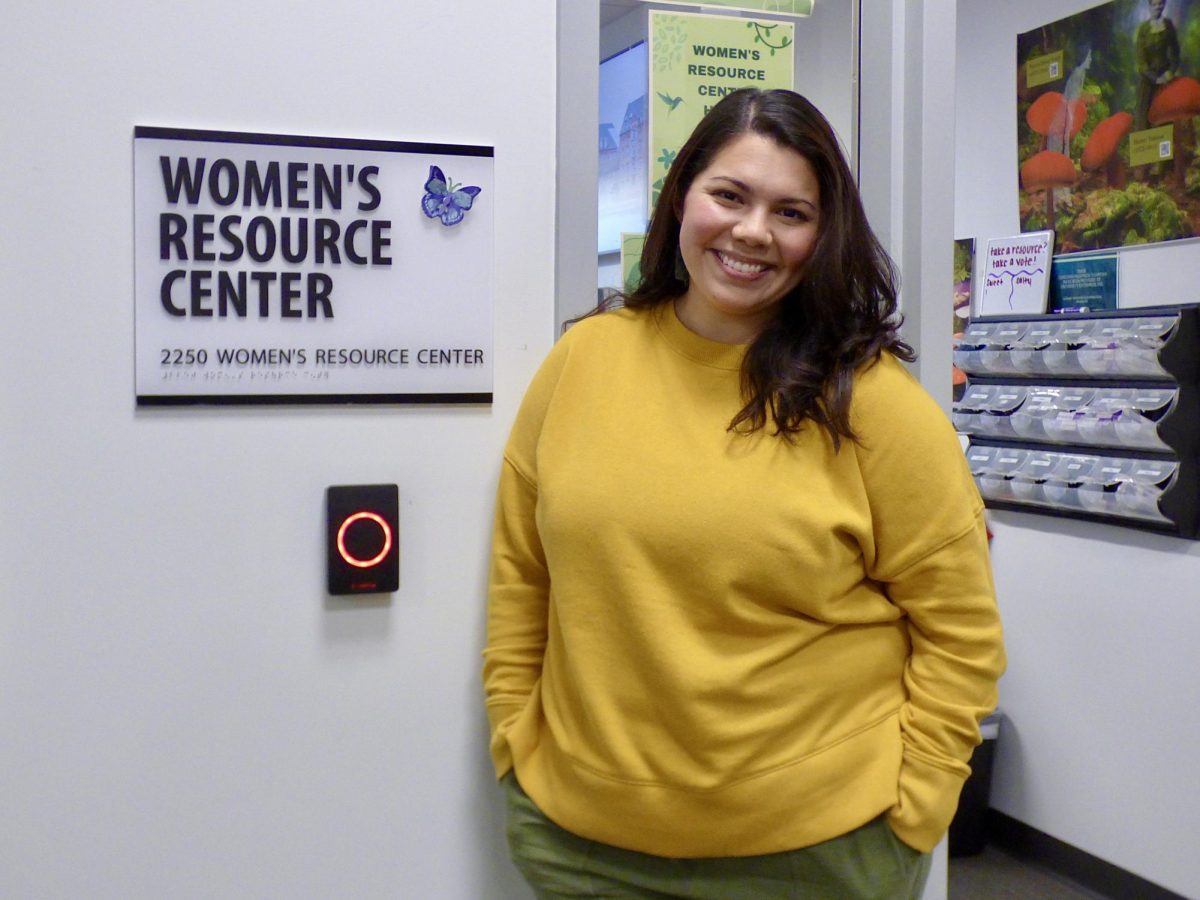


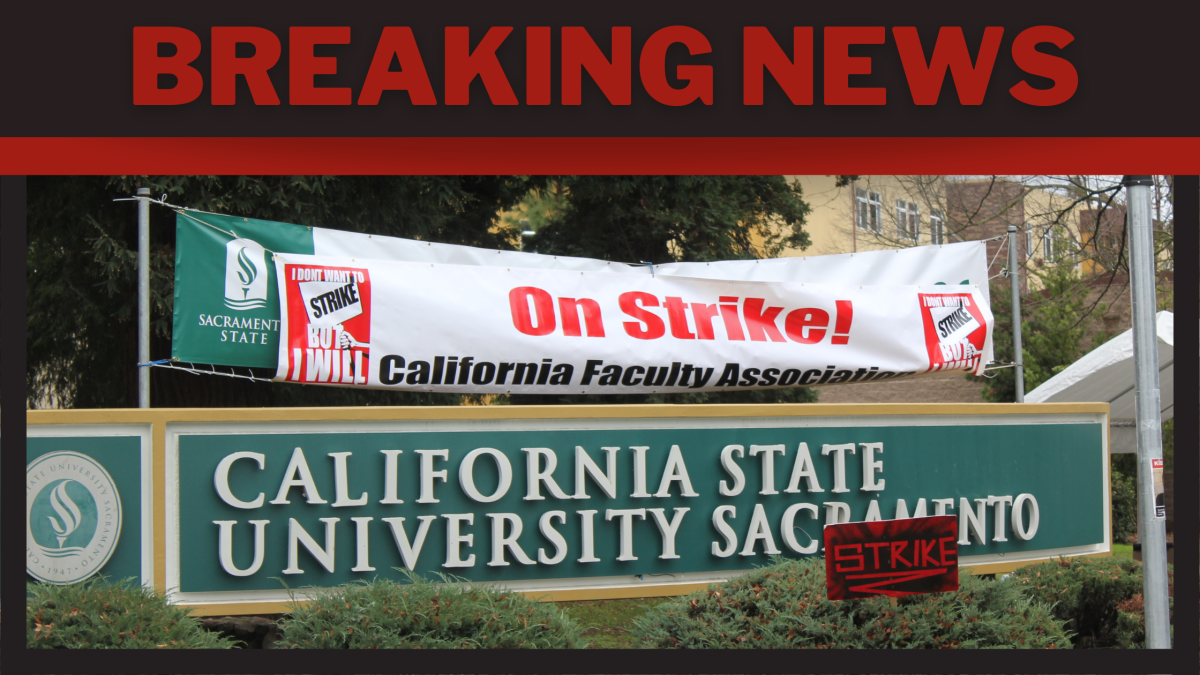
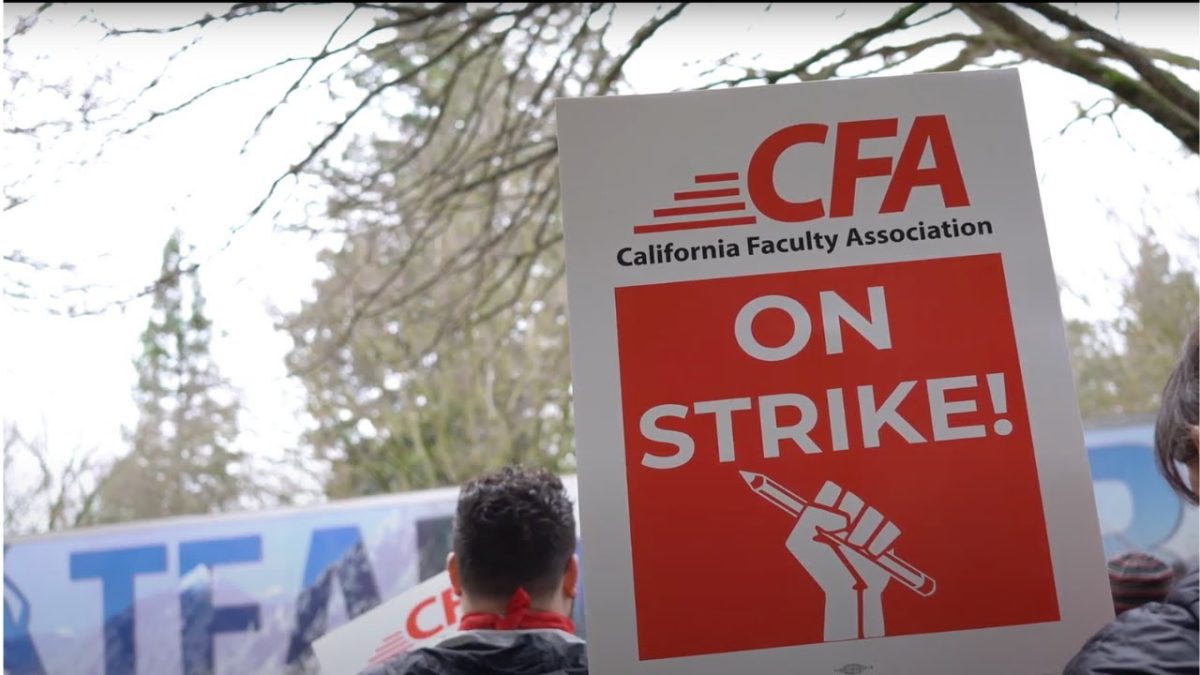



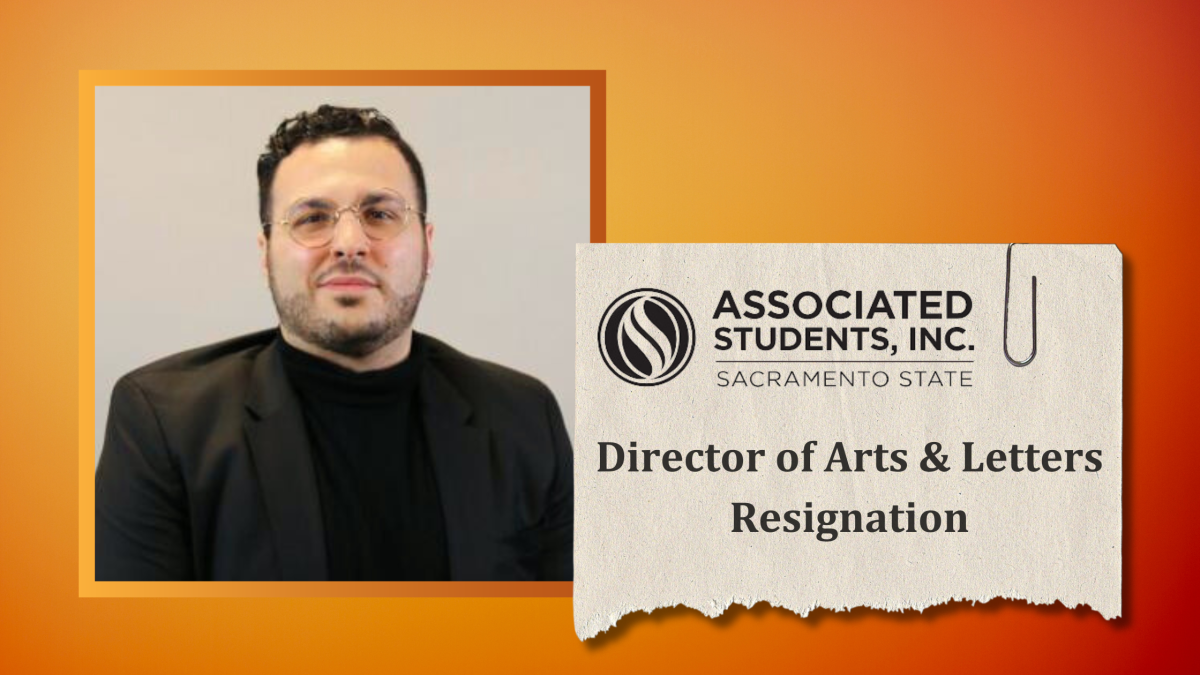





























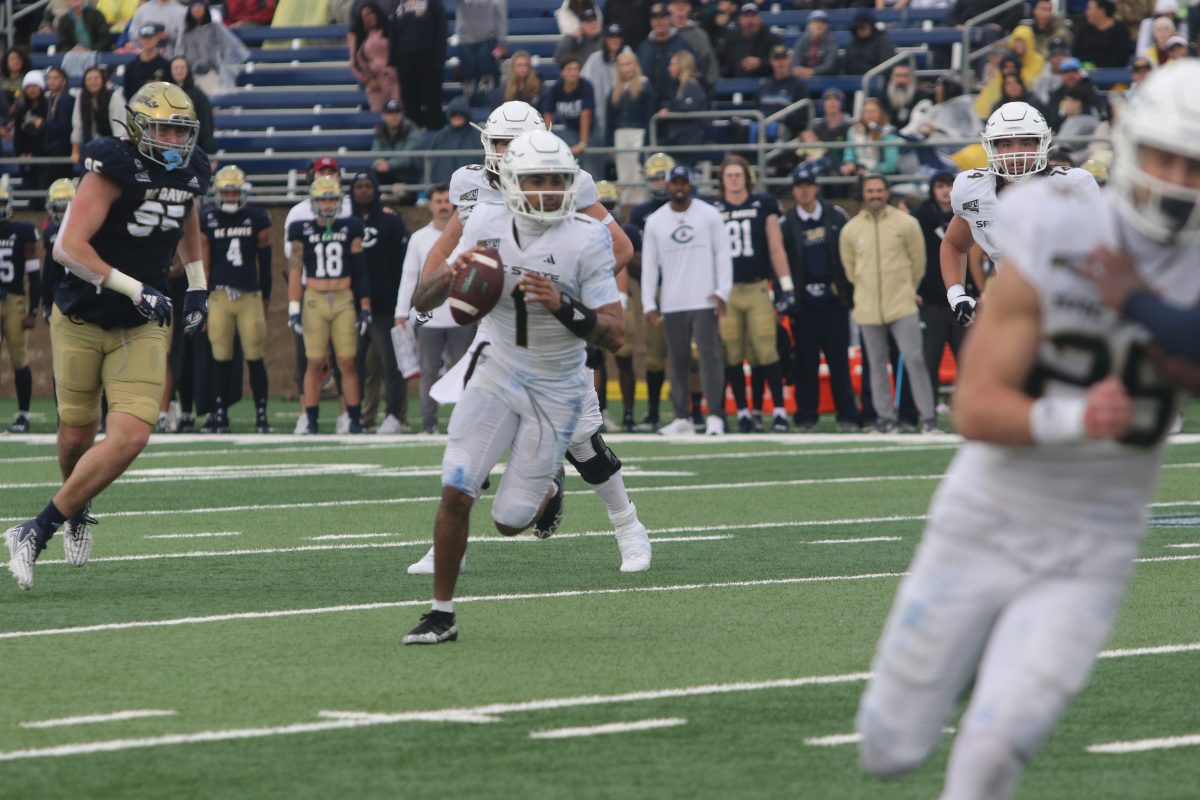



















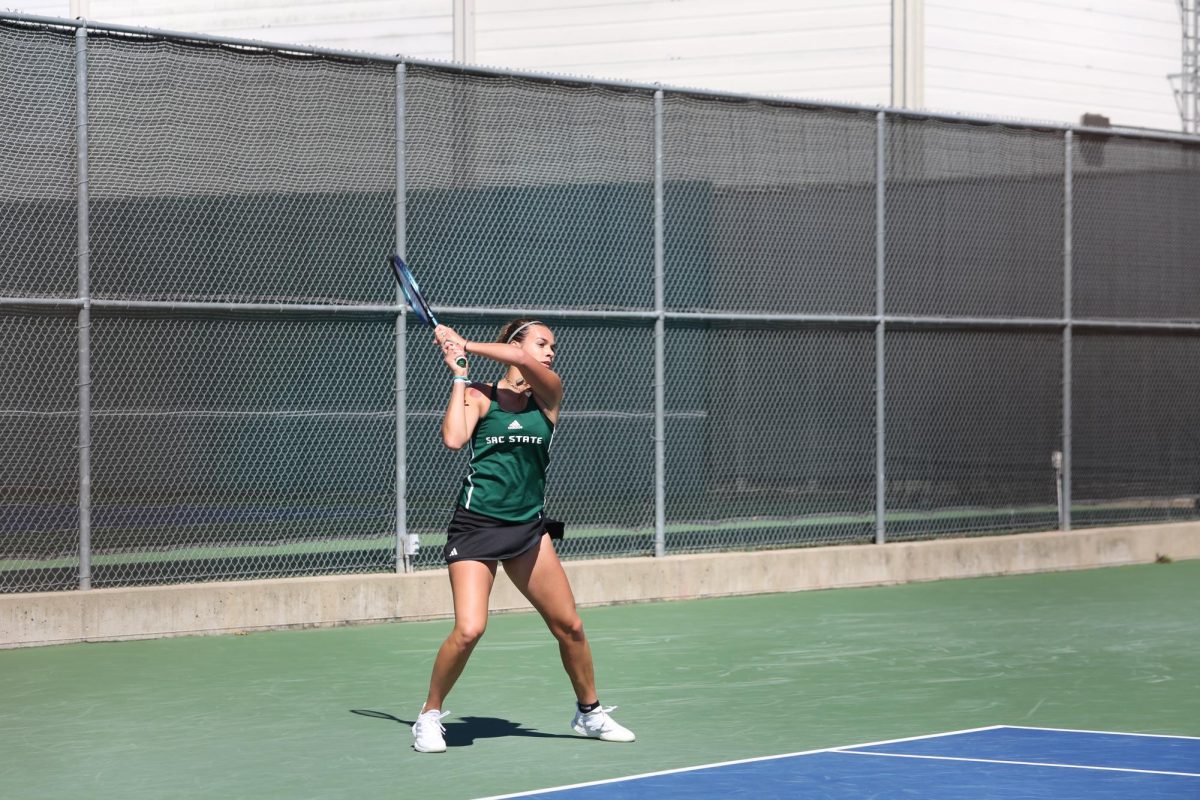



















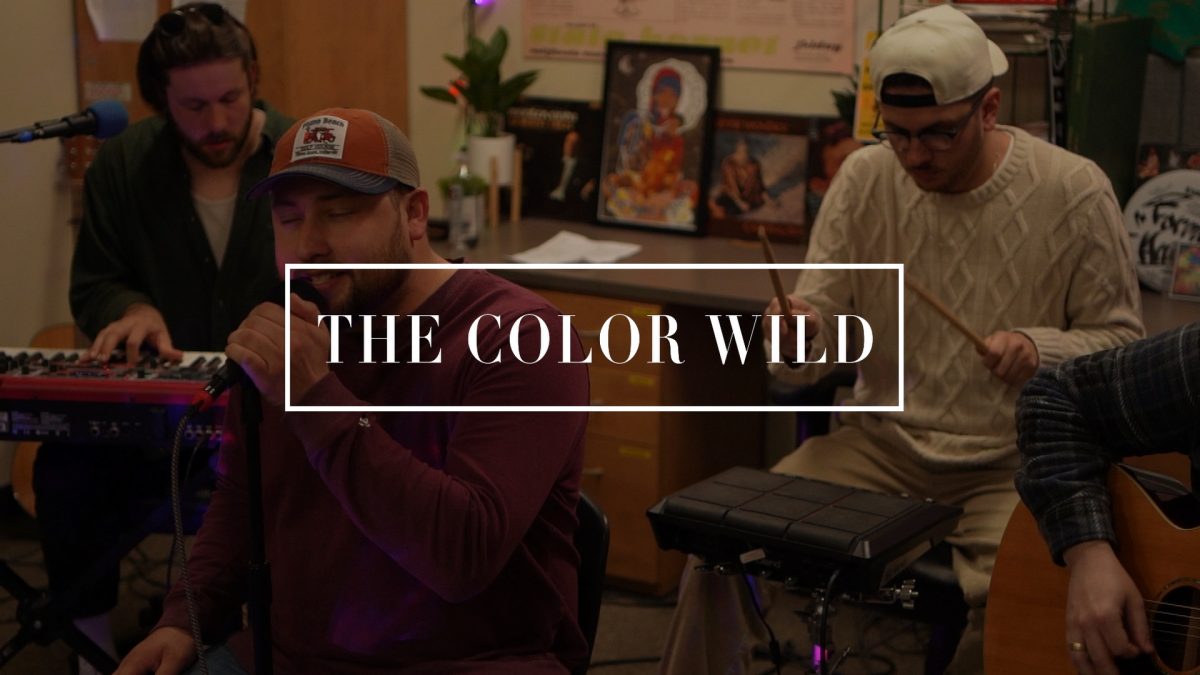











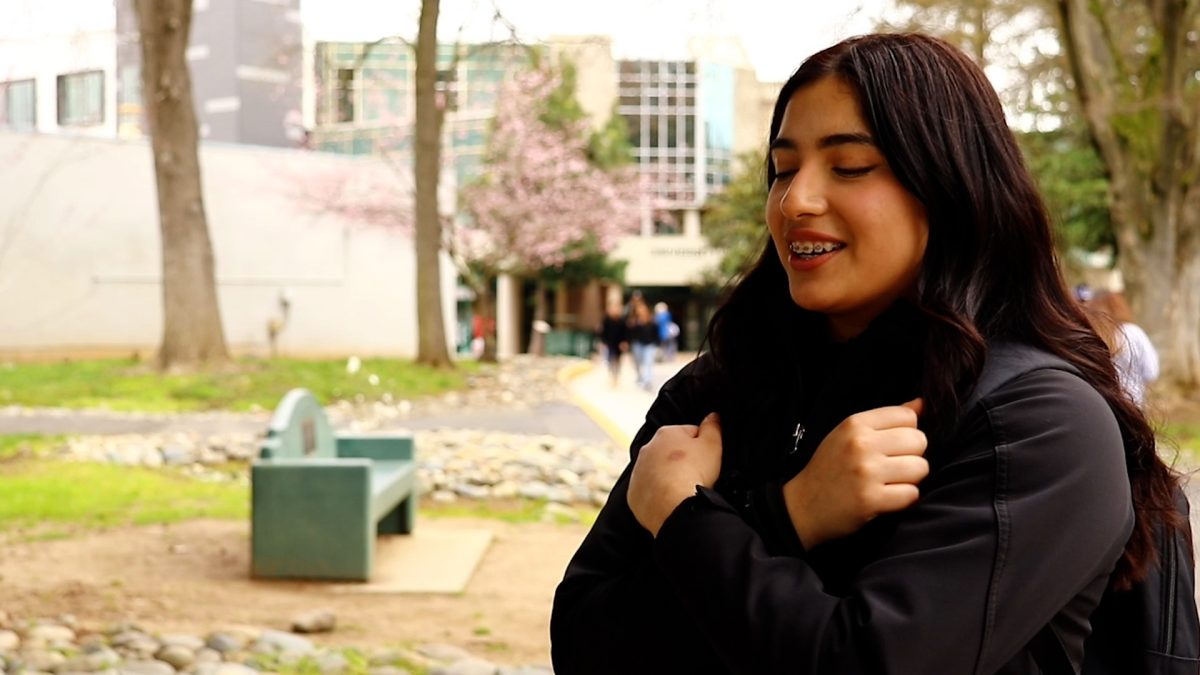






























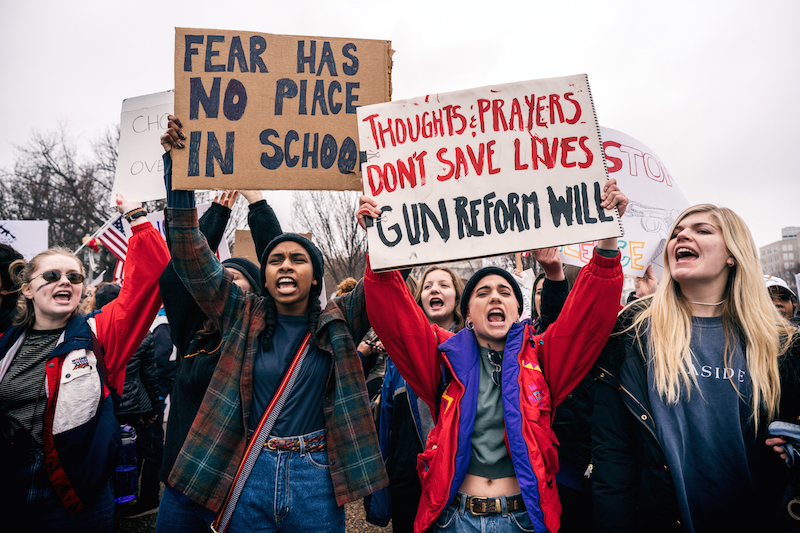

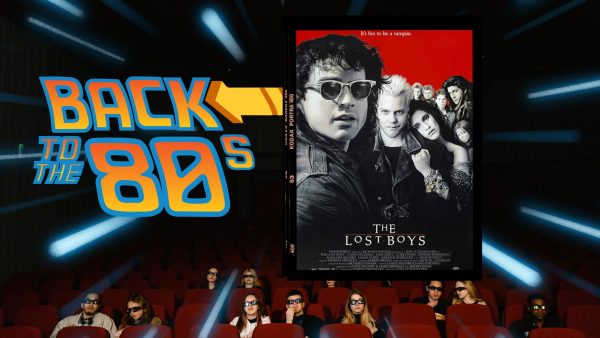





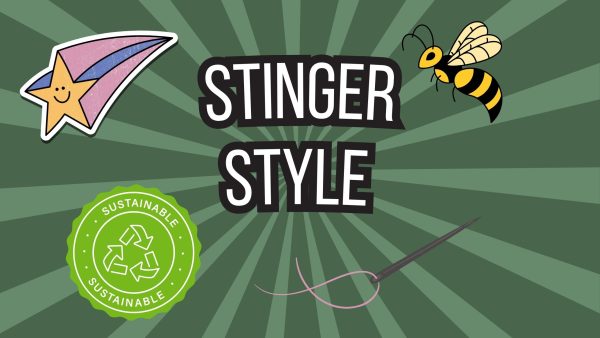


Alisha Ross • Sep 25, 2020 at 3:56 am
Someone necessarily assist to make critically articles I would state. This is the very first time I frequented your website page and thus far? I amazed with the analysis you made to create this particular put up incredible. Great process
Regards
Ross Alisha
Hannah Flack • Jun 19, 2020 at 1:52 am
Fantastic goods from you, man. I’ve understand your stuff previous to and you are just extremely fantastic. I really like what you have acquired here, really like what you are stating and the way in which you say it. You make it entertaining and you still take care of to keep it sensible. I can’t wait to read far more from you. This is really a tremendous site.
Regards Hannah Flack
Rose Martine • Jun 16, 2020 at 3:52 am
Thank you for all your work on this site. Gloria enjoys carrying out investigation and it’s really easy to understand why. All of us hear all about the lively mode you convey vital things through this website and cause response from others about this point then our own child is without a doubt learning a lot. Enjoy the remaining portion of the new year. You’re the one carrying out a powerful job.
Regards
Rose Martine
Alisha Ross • May 29, 2020 at 11:07 pm
Thanks for ones marvelous posting! I actually enjoyed reading it, you can be a great author.
I will remember to boomark your blog and may come back later in life.
I want to encourage continue your great work,
have a nice afternoon!
Regards
Ross Alisha
Victoria Tegg • Feb 17, 2020 at 10:46 pm
I really appreciate this post. I have been looking all over for this! Thank goodness I found it on Bing. You have made my day! Thx again!
Victoria Tegg
MOSES BRODIN • Jan 13, 2020 at 10:51 pm
your method of explaining the whole thing in this paragraph is genuinely good, all be able to effortlessly know it, Thanks a lot.
Ramona Mills • Nov 29, 2019 at 4:01 am
I really appreciate this post. I¡¦ve been looking all over for this! Thank goodness I found it on Bing. You have made my day! Thank you again
Ramona Mills
Alisha Ross • Oct 24, 2019 at 3:33 am
Definitely believe that which you stated. Your favorite reason seemed to be on the net the easiest thing to be aware of. I say to you, I definitely get annoyed while people think about worries that they plainly don’t know about. You managed to hit the nail upon the top as well as defined out the whole thing without having side effect , people could take a signal. Will probably be back to get more. Thanks
Regards
Ross Alisha